Bhatkal, Feb 18: Maulana Abdul Bari Nadvi, an Islamic scholar and symbol of peace and co-existence in Bhatkal, passed away after a couple of months of illness at private hospital in the coastal city of Mangaluru on Wednesday.

The demise of 54-year-old scholar, who was the principal of Jamia Islamia Educational Institutions and Khatheeb of Jamia Masjid for several years, came as a shock to the entire town of Bhatkal.
The end came at around 4:30p.m. and the mortal remains of the departed soul were brought back to Bhatkal at 9:30 p.m. Thousands of mourners including socio political leaders gathered in the vicinity of the house and waited late into the night to get a glimpse of the deceased.
As soon as the sad news began to spread, the people of Bhatkal voluntarily closed down their shops and businesses as a mark of respect. Bhatkalis in Middle Eastern countries too closed down their shops.
Meanwhile, Majlis-e-Islah-wa-Tanzeem, a prominent body of Bhatkal Muslims, declared holiday for all Muslim educational institutions in Bhatkal.
Well known for his Juma Khutbah (Friday sermons) for three decades and eloquent way of reciting Qur’an, Maulana had thousands of fans and followers in and around the town. He served as the imam of Jamia Masjid for over 32 years.
After completing his education in Darul Uloom Nadwatul Ulama, a prestigious Islamic education institution based in Lucknow, he joined Jamia Islamia in 1983 as a teacher of theology and Islamic studies. As its principal for the last 15 years, he was instrumental in making it one of the best centres for religious education in south India.
Several socio-cultural and religious organizations of Bhatkal and groups of nonresident Bhatkal people from across the world have expressed deep grief over Maulana’s demise.
The janazah prayer will be held on Thursday at 10 am at Jamia Masjid and he will be laid to rest at the cemetery in Takiya street.
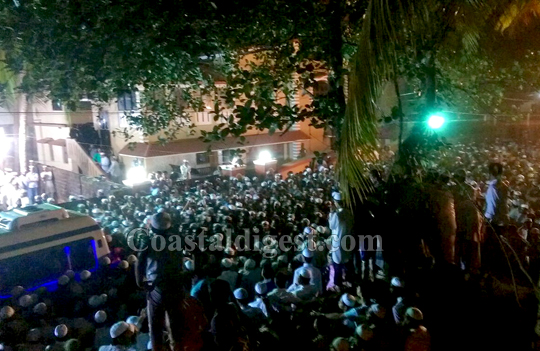
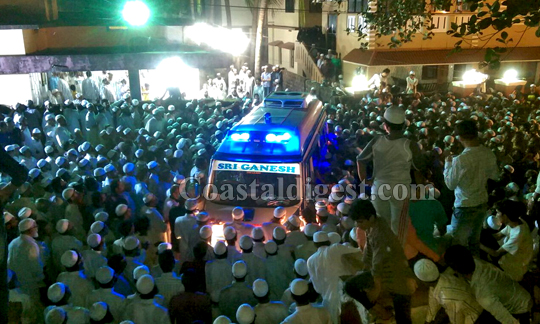
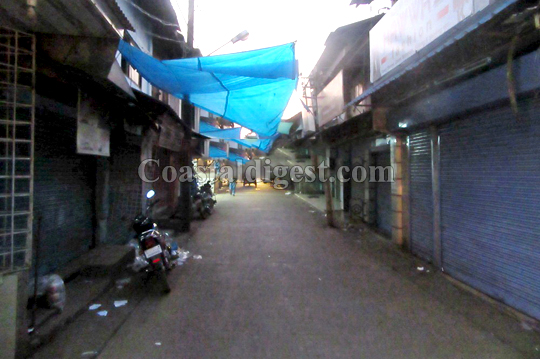
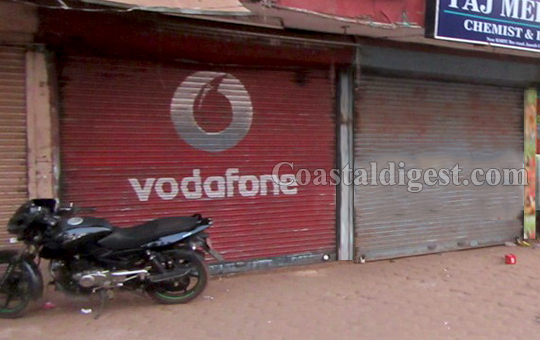

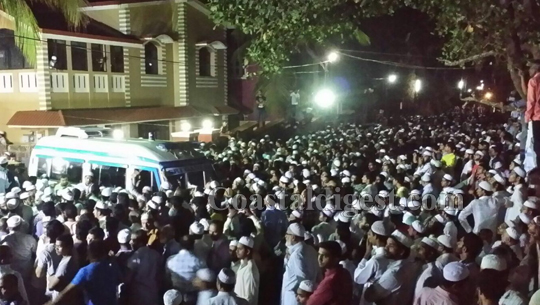
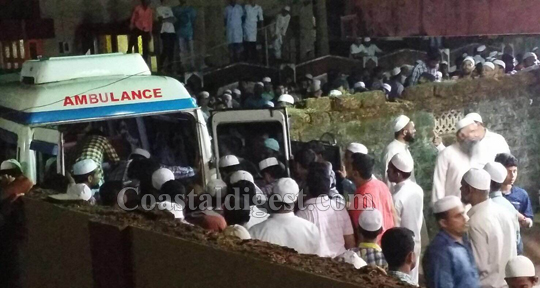
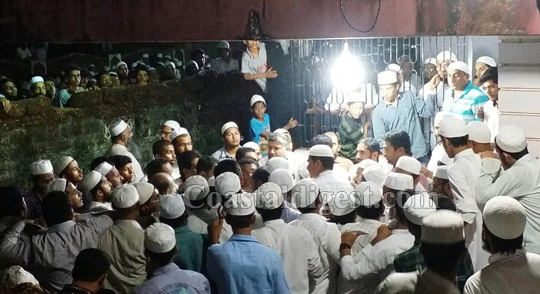
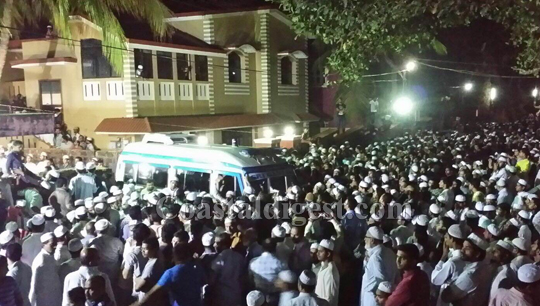
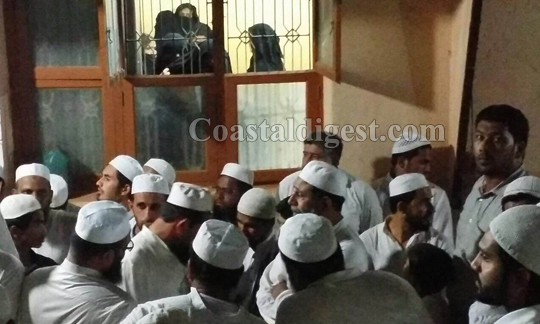





Comments
Inna lilahi va inna illahi Rajiwoon May Allah grant Jannathul Firoduse Ameen
Inna Lillah.............May Allah reward him Jannah and sabre jameel to his family......
Inna Lillahi wa Inna ilahi rajihoon. May Allah ease the affairs and be an inspiration for our generation. May Allah keep us guided until our last breath. Ameen
Alumini,
Iqra Arabic School
Saddest day and saddest news in the recent history of Bhatkal. Maulana was the harbinger of peace and harmony. May Allah grant him jannah.
Inna Lillah..... pride of bhatkal is no more.
inna lillahi va inna ilaihi rajiwoon. Very shocking news.
Add new comment